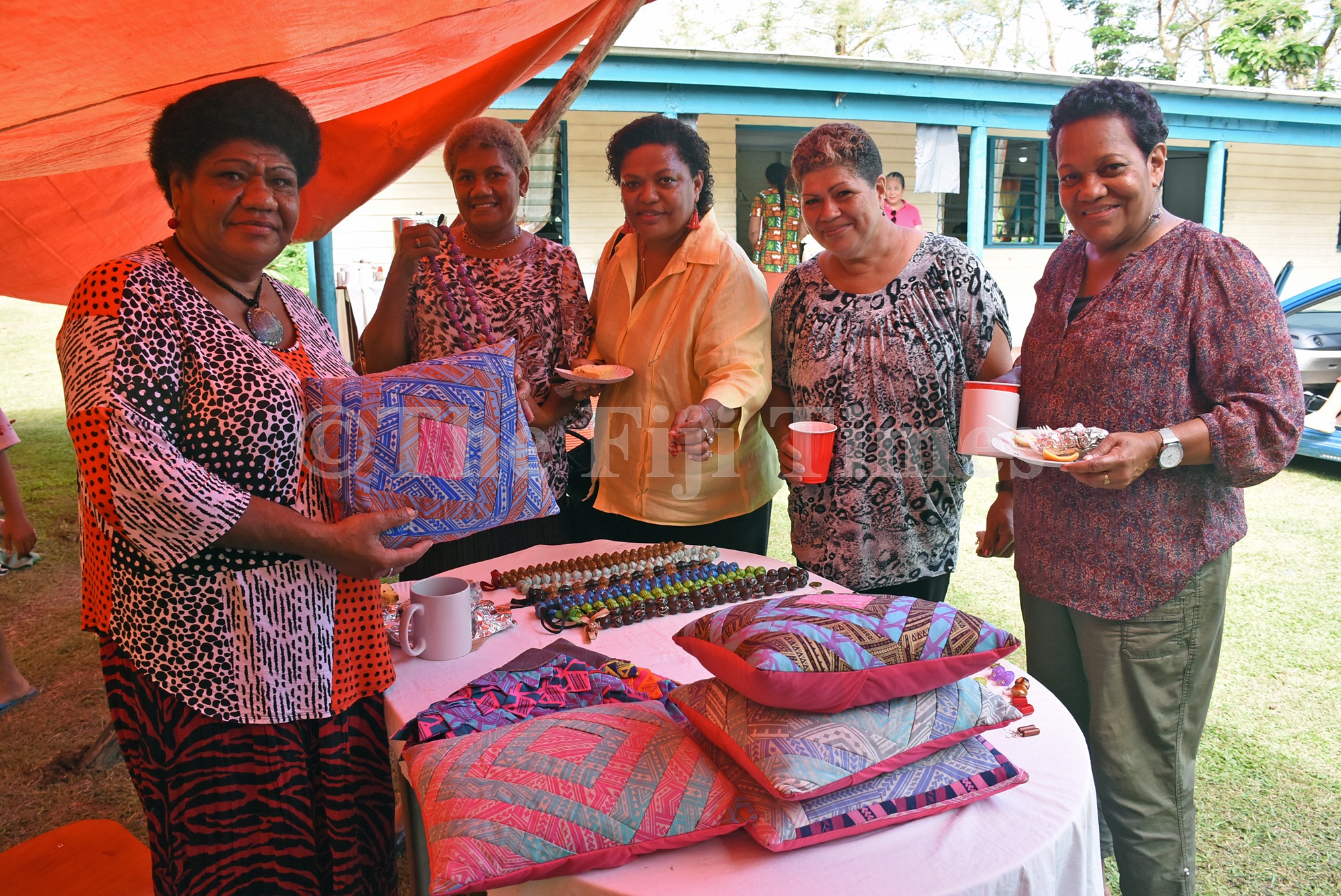In the grand tapestry of economic development, micro, small, and medium-sized enterprises (MSMEs) occupy a key position, especially in the context of local economies.
These entities, often characterised by their flexibility, innovation, and adaptability, serve as the lifeblood of communities around the globe.
In recent years, there has been a growing recognition of the critical role MSMEs play in driving sustainable economic growth.
Empowering these businesses not only fosters local entrepreneurship but also catalyses broader socio-economic development.
From the perspective of the Fiji Commerce & Employers Federation (FCEF), fostering a supportive environment for MSMEs is not just important; it’s a vital strategy for building an adaptable and strong economy.
First and foremost, MSMEs are engines of employment generation. Unlike large corporations, which may have the capacity for automation and streamlined operations, MSMEs are typically more labour-intensive.
They provide employment opportunities to a significant portion of the local workforce, including individuals with diverse skill sets and educational backgrounds.
By absorbing surplus labour from both urban and rural areas, MSMEs contribute to poverty alleviation and social inclusion, thereby bolstering the overall resilience of communities.
Moreover, the decentralised nature of MSMEs means that job opportunities are dispersed across various regions, reducing dependency on centralised urban hubs and promoting balanced regional development.
Furthermore, supporting MSMEs fosters entrepreneurship and innovation, driving forward the cycle of economic dynamism.
These enterprises often serve as breeding grounds for creative ideas, experimentation, and technological advancements.
With lower barriers to entry compared to larger corporations, MSMEs offer aspiring entrepreneurs the chance to translate their innovative concepts into tangible products and services.
In nurturing a vibrant ecosystem of startups and small businesses, local economies can harness the full potential of human creativity and resourcefulness.
This, in turn, fosters competition, spurs productivity gains, and promotes economic diversification, making communities more resilient to external shocks and market fluctuations.
Another compelling aspect of MSMEs is their inherent connection to local supply chains and value networks.
Unlike multinational corporations, which may rely on global sourcing and outsourcing, MSMEs often procure inputs, goods, and services from nearby suppliers.
This localisation of supply chains fosters interdependence within the local economy, creating a multiplier effect that amplifies the impact of economic transactions.
When MSMEs thrive, they stimulate demand for ancillary goods and services, ranging from raw materials and machinery to transportation and marketing.
As a result, supporting MSMEs not only bolsters the viability of individual enterprises but also strengthens the entire ecosystem of interconnected businesses within a community.
Moreover, MSMEs play a vital role in preserving cultural heritage and promoting sustainable development.
Many MSMEs are deeply rooted in their local communities, drawing inspiration from indigenous knowledge, traditional craftsmanship, and cultural practices.
By preserving and promoting these unique assets, MSMEs contribute to the preservation of cultural diversity and heritage, enriching the social fabric of society.
Additionally, MSMEs are often more attuned to environmental sustainability, owing to their smaller scale and closer proximity to local ecosystems.
They are more likely to adopt eco-friendly practices, minimise waste generation, and embrace renewable energy sources, thus promoting a more sustainable model of economic development.
Furthermore, supporting MSMEs can have far-reaching ripple effects on poverty reduction and social inclusion.
MSMEs are often pathways to economic empowerment for marginalised groups, including women, youth, and minorities.
By providing opportunities for entrepreneurship and self-employment, MSMEs empower individuals to escape the cycle of poverty, gain financial independence, and contribute meaningfully to their communities.
Moreover, MSMEs are often more inclusive employers, offering flexible working arrangements, skill development programs, and supportive work environments that accommodate diverse needs and backgrounds.
The Fiji Commerce and Employers Federation (FCEF) believes in the power of tailored training and mentorship programs for MSMEs, which can equip them with the necessary skills to navigate complex business environments.
These programs cover various topics such as financial management, marketing strategies, supply chain optimisation, and digital literacy.
In collaboration with the Australian government-funded Market Development Facility (MDF), FCEF launched the ‘Fiji Enterprise Engine’ (FEE) program.
FEE is the Pacific region’s first semi-commercial, private-sector-led Business Accelerator Program designed specifically for MSMEs.
It provides comprehensive training in Strategic Management, Human Resources Management, Accounting, Financial Management, and Marketing, alongside personalised guidance from Local Business Coaches (LBCs) and networking opportunities.
The success of FEE demonstrates how tailored support can drive rapid growth for small businesses in Fiji.
Similarly, the Young Entrepreneurs Council (YEC) and Women Entrepreneurs Business Council (WEBC), under FCEF, offer platforms for entrepreneurs and MSMEs to voice their concerns, access resources, and receive support for their growth. Through YEC, budding entrepreneurs and small business owners can network, receive mentorship, and access training programs and funding opportunities.
YEC collaborates with government agencies and private sector partners to advocate for policies that promote MSME growth and sustainability in Fiji.
By fostering an enabling environment for entrepreneurship and innovation, YEC aims to unleash Fiji’s MSME sector’s full potential, driving economic development and prosperity for the nation.
WEBC has also experienced significant growth, providing invaluable support and inclusive platforms for women entrepreneurs’ development.
The support and empowerment of MSMEs are paramount to fostering inclusive and sustainable economic growth at the grassroots level.
By investing in these enterprises, policymakers, development agencies, and stakeholders can unlock the full potential of local economies, unleashing a wave of entrepreneurship, innovation, and prosperity.
From job creation and economic diversification to cultural preservation and social inclusion, the benefits of supporting MSMEs extend far beyond financial metrics, enriching the fabric of communities and paving the way for a more resilient and equitable future.
As we navigate the complexities of a rapidly changing global landscape, let us remember the transformative power of MSMEs in driving positive change from the ground up.



